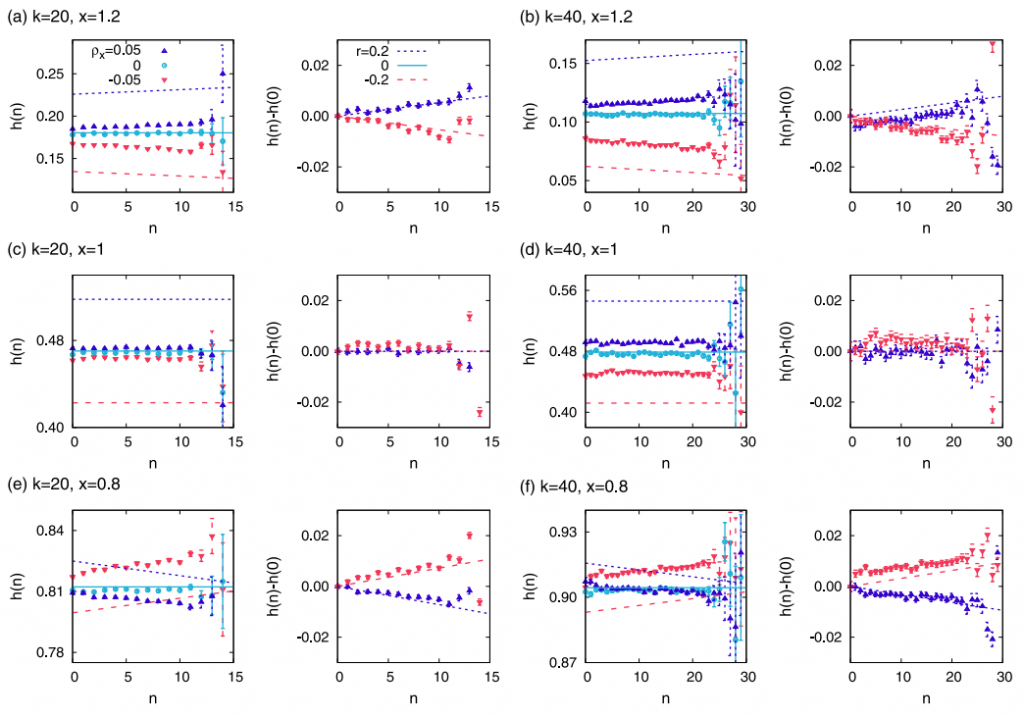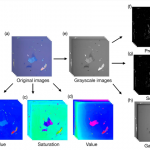Hang-Hyun Jo, Eun Lee, and Young-Ho Eom
Chaos: An Interdisciplinary Journal of Nonlinear Science 32.12 (2022): 123139.
Abstract
A heterogeneous structure of social networks induces various intriguing phenomena. One of them is the friendship paradox, which states that on average, your friends have more friends than you do. Its generalization, called the generalized friendship paradox (GFP), states that on average, your friends have higher attributes than yours. Despite successful demonstrations of the GFP by empirical analyses and numerical simulations, analytical, rigorous understanding of the GFP has been largely unexplored. Recently, an analytical solution for the probability that the GFP holds for an individual in a network with correlated attributes was obtained using the copula method but by assuming a locally tree structure of the underlying network [Jo et al., Phys. Rev. E 104, 054301 (2021)]. Considering the abundant triangles in most social networks, we employ a vine copula method to incorporate the attribute correlation structure between neighbors of a focal individual in addition to the correlation between the focal individual and its neighbors. Our analytical approach helps us rigorously understand the GFP in more general networks, such as clustered networks and other related interesting phenomena in social networks.
More details from the publisher >


